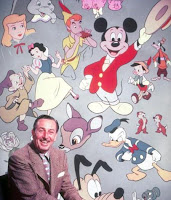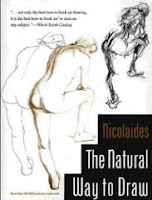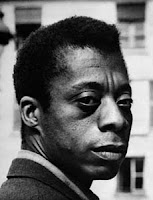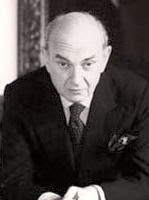"Modern society pushes people in the groove. Although I was always interested in music and painting as well as poetry, at first I thought I had to concentrate on writing. . . one thing only. But then the urge to paint was so strong I just went ahead and started oils. And I didn't give up my writing — one did not exclude the other."
American Poet, Painter, Composer, Short Story Writer
1914 - 1955
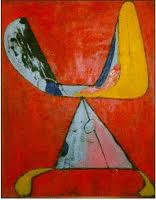 As a creative leader, do you limit you creative expression to one type of art? The common myth is that people can only do one thing. Write poetry? Paint portraits? Compose music? Write novels? The myth is that we should focus on only one form of expression; otherwise, we will dilute our creativity not not do anything well. We have become a society of specialists. Painters should not write. Writers should not play a musical instrument. Actors should not write.
As a creative leader, do you limit you creative expression to one type of art? The common myth is that people can only do one thing. Write poetry? Paint portraits? Compose music? Write novels? The myth is that we should focus on only one form of expression; otherwise, we will dilute our creativity not not do anything well. We have become a society of specialists. Painters should not write. Writers should not play a musical instrument. Actors should not write.
Kees believed that he could both paint and write. "He said, "Shifting from one to the other I don't get into periods of absolute sterility that are often experienced by writers who just write, or painters who just paint."
Are you suffering from writer's block? Pick up a paint brush and explore the world of color. Are you bored with painting? Pick up a pen and write about your feelings. Flipping back and forth between various art forms will keep you and your ideas fresh.
Here is a poem by Weldon Kees.
The Upstairs Room
It must have been in March the rug wore through.
Now the day passes and I stare
At warped pine boards my father's father nailed,
At the twisted grain. Exposed, where emptiness allows,
Are the wormholes of eighty years; four generations' shoes
Stumble and scrape and fall
To the floor my father stained,
The new blood streaming from his head. The drift
Of autumn fires and a century's cigars, that gun's
Magnanimous and brutal smoke, endure.
In March the rug was ragged as the past. The thread
Rots like the lives we fasten on. Now it is August,
And the floor is blank, worn smooth,
And, for my life, imperishable.






